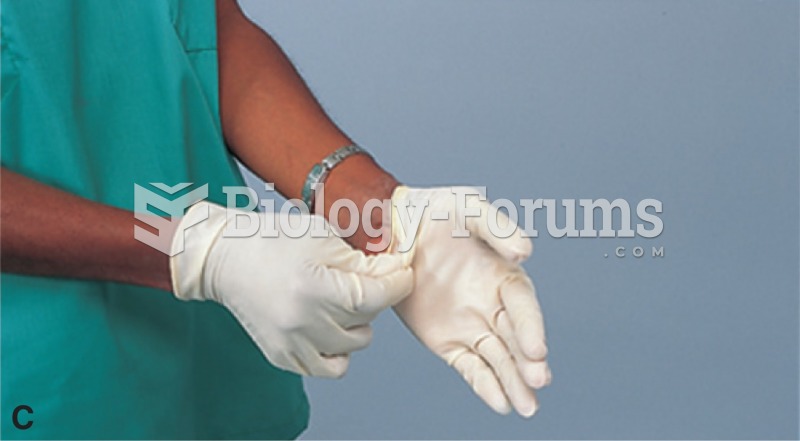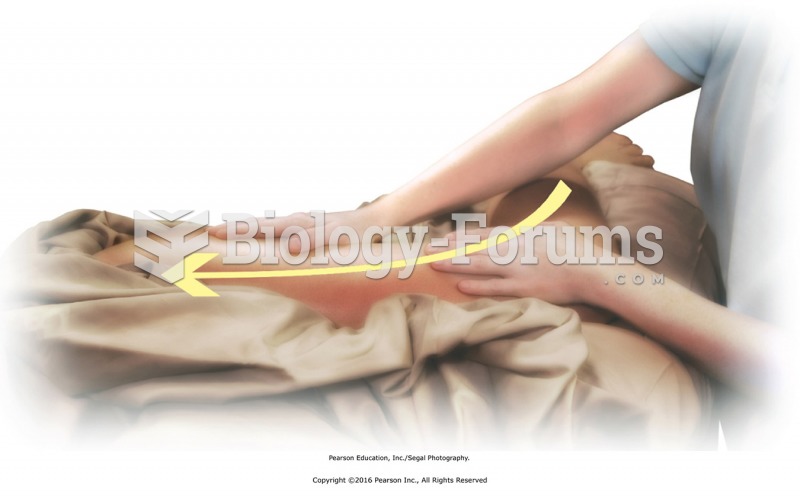|
|
|
Vaccines cause herd immunity. If the majority of people in a community have been vaccinated against a disease, an unvaccinated person is less likely to get the disease since others are less likely to become sick from it and spread the disease.
The use of salicylates dates back 2,500 years to Hippocrates's recommendation of willow bark (from which a salicylate is derived) as an aid to the pains of childbirth. However, overdosage of salicylates can harm body fluids, electrolytes, the CNS, the GI tract, the ears, the lungs, the blood, the liver, and the kidneys and cause coma or death.
The Babylonians wrote numbers in a system that used 60 as the base value rather than the number 10. They did not have a symbol for "zero."
HIV testing reach is still limited. An estimated 40% of people with HIV (more than 14 million) remain undiagnosed and do not know their infection status.
Thyroid conditions may make getting pregnant impossible.
 Techniques for applying local anesthesia: (a) topical; (b) infiltration; (c) nerve block; (d) spinal
Techniques for applying local anesthesia: (a) topical; (b) infiltration; (c) nerve block; (d) spinal
 Apply petrissage to center of abdomen. Place hands palm over palm in center of the abdomen. Create ...
Apply petrissage to center of abdomen. Place hands palm over palm in center of the abdomen. Create ...





